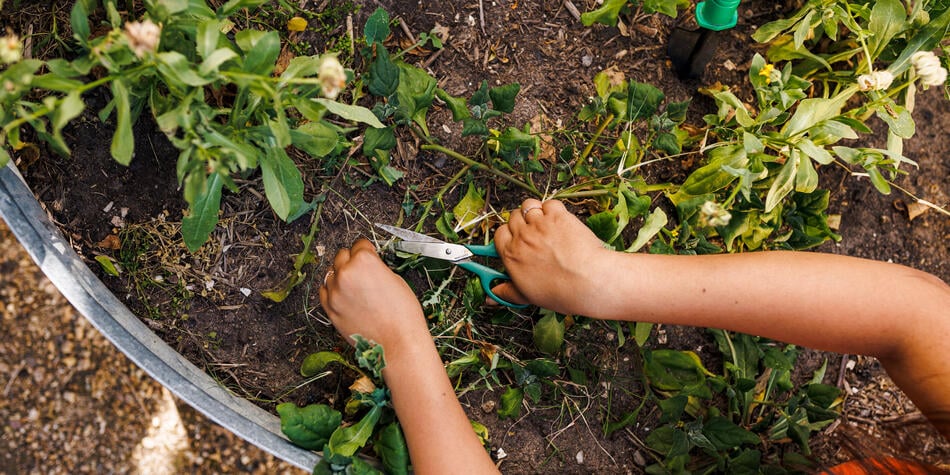World-leading scientists at Deakin University have discovered how to unlock the powerful potential of microbes in agriculture and bioremediation.
At the TERI-Deakin Nanobiotechnology Centre (TDNBC) in India, a team has launched a ground-breaking process that uses micro-organisms to both extract contaminants from polluted soil and transform these contaminants into organic 'super' seeds for farming.
Enhancing plant productivity for farmers
'Many farming soils worldwide are low in zinc and iron,' said Professor Colin Barrow, Deakin project leader and Deakin’s Chair of Biotechnology.
Professor Alok Adholeya, formerly from TDNBC New Delhi India said the knowledge developed solves three problems at the same time. 'Naturally selected microbes extract iron and zinc from mining waste. The microbes then produce environmentally-friendly nanoparticles that can be used for seed coatings that deliver bioavailable iron and zinc to plants. This then improves zinc and iron levels in the soil for the longer term and helps enhance plant productivity,' Professor Adholeya said.
Creating sustainable opportunities
The technology has been established at the TDNBC facility in New Delhi, from where the super-charged nano zinc and iron are made available to farmers around India and the world.
Innovative contributions to sustainability
Deakin University student Ankita Bedi, now graduated, was the student lead for this project at the TDNBC, where several world-leading nanobiotechnology research innovations have been developed.
A joint initiative with India’s Energy and Resources Institute (TERI), the TDNBC currently supports 34 PhD scholars and over 70 staff. It has established a reputation across India for its innovative contributions to soil health, food security and bio-refinery platforms.
Its low-cost, high-tech solutions have potential applications across the globe – and offer hope for a more sustainable future for us all.
This article was originally published by Deakin University. Read the original article here.
Footnotes
Since the publication of this story, Professor Alok Adholeya, who is quoted several times, is no longer based at the TERI-Deakin Nanobiotechnology Centre (TDNBC). This information is provided for context and does not affect the content of the story.

